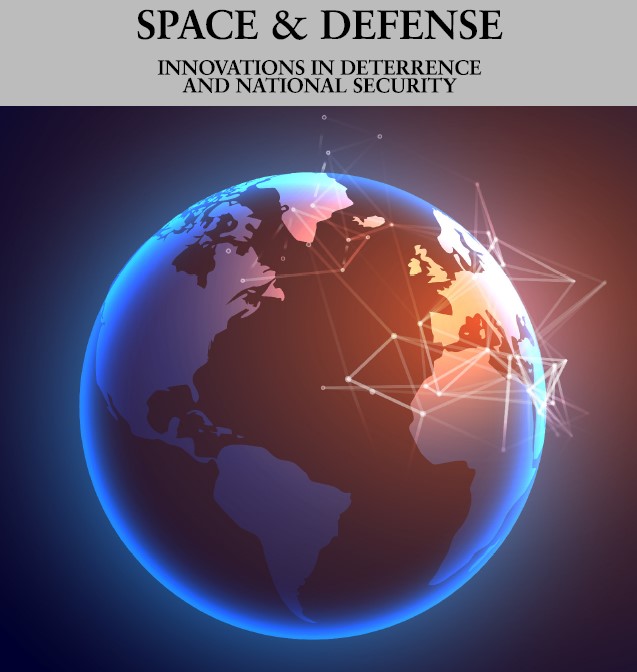Space and Defense

Abstract
Student Contribution
The United States poured over fifty-two billion dollars of aid, ten years of operations, and 1,854 military members’ lives into war-torn Afghanistan, but these investments did not create a stable state.1 The successful recovery of the country and its long-term stability depend on the Afghan state’s ability to mature in capability and permanency. Although many factors influence political development, education remains a dynamic part of long-term development, and in Afghanistan’s case, can reduce the populace’s support of radicalism. Education allows political participation, increasing political development and improving the probability of state survival.
DOI
10.32873/uno.dc.sd.06.01.1139
Recommended Citation
Hedlund, Fumiko
(2012)
"Afghan State Survival: How Education Influences Political Development,"
Space and Defense: Vol. 6:
No.
0, Article 7.
DOI: 10.32873/uno.dc.sd.06.01.1139
Available at:
https://digitalcommons.unomaha.edu/spaceanddefense/vol6/iss0/7
Included in
Asian Studies Commons, Aviation and Space Education Commons, Defense and Security Studies Commons, Eastern European Studies Commons, International Relations Commons, Leadership Studies Commons, Near and Middle Eastern Studies Commons, Nuclear Engineering Commons, Science and Technology Studies Commons, Space Vehicles Commons
